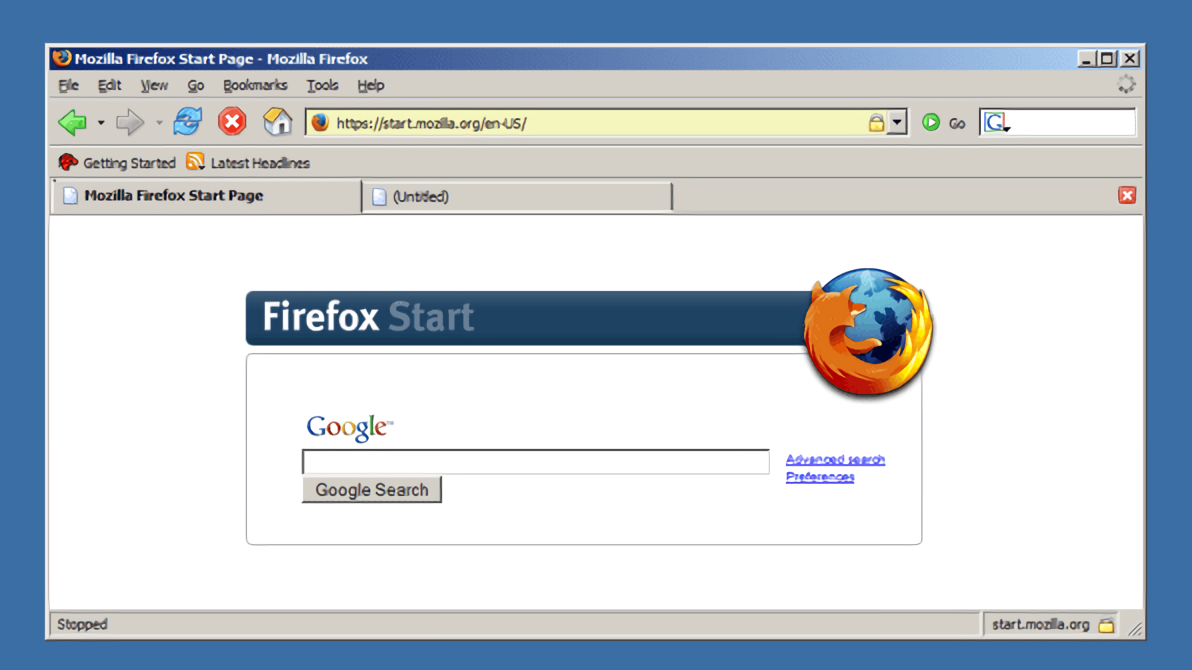Happy Birthday! In the dark days when Internet Explorer had over 90% market share, no one could have predicted the importance that Firefox would have when version 1.0 launched on November 9, 2004. Fifteen years ago Firefox introduced tabs, extensions and good Java support; and today it pioneers security and privacy. In its fifteen years it's had a dramatic impact on the web, despite never achieving the market dominance of its competitors.

Firefox was a smashing success from the moment it first became available, being emblematic of the best the internet and technology had to offer. It introduced staple features of the modern web browser (tabs!), supported all the emerging web infrastructure we rely on today and was faster than its contemporary, Internet Explorer 6.
But pivotally, it was the first and possibly last time that a group of developers from all over the world banded together to produce an open-source consumer-oriented product that defeated the tech giants. Despite the criticism we may level at Mozilla’s methods occasionally, as a non-profit group that protects the internet and its users, they are unparalleled.

Firefox as it was on its release day, via Fast Company
Flattery aside, Firefox had an easy time of it in late 2004. Microsoft had slain the venerable Netscape Navigator a few years prior by including IE as the default browser in Windows but had become complacent in their success. At the time, they publicly laughed off the threat that Firefox faced. Firefox grew in popularity until 2008, when it plateaued at about one-third market share for two years.
Then Chrome arrived. The racehorse had met a Ferrari. From 2010 to 2016 Chrome went from 5% to 65% market share, brushing Firefox and IE to the side.
In late 2017, however, Mozilla made the “quantum leap” forward – to match Chrome in terms of speed and stability. While I doubt any Chrome engineers were losing sleep, bringing Firefox up to parity gave Mozilla a platform to base their new privacy and security technologies on.
Presently, Firefox has fantastic tracking protection, blocking 3rd party cookies, blocking “share” button tracking, blocking fingerprinting and blocking crypto mining scripts. It also has privacy breach alerts, secure messaging, and various other features. Even if you prefer Chrome, Opera, or Edge (seriously, why?) a lot of what they do for privacy and security is done because Firefox has been pushing it first, and for that reason, we wish Firefox another fifteen happy years.
https://www.techspot.com/news/82705-happy-birthday-firefox-has-turned-15.html